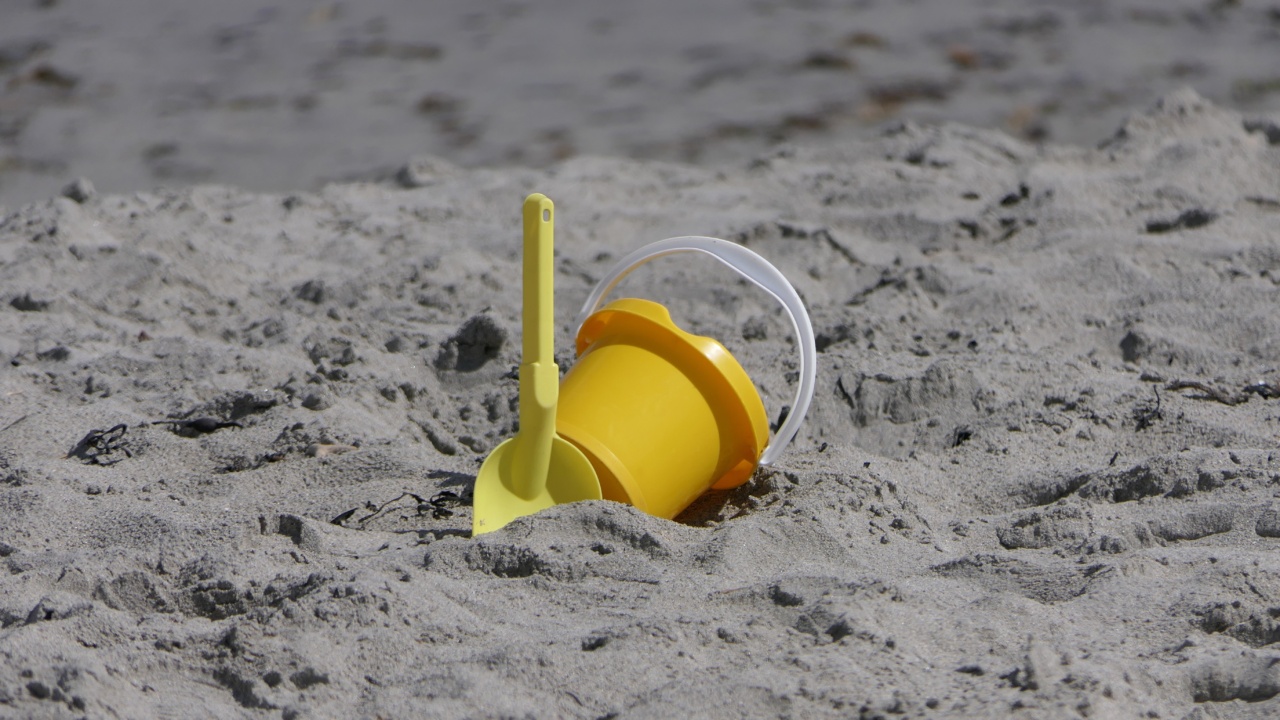It’s no secret that stress can take a toll on our bodies. From headaches and stomach aches to high blood pressure and heart disease, the effects of stress are far-reaching.
However, it’s not just adults who suffer the negative consequences of stress. Children are also susceptible to the harmful effects of stress, particularly when it comes to their immune system.
What is stress?
Stress is a natural response to a perceived threat or challenge. When our body senses danger, whether real or imagined, it triggers a physiological response commonly known as the “flight or fight” response.
This response prepares our body to either run away from or confront the threat. However, when we experience chronic stress, our body’s stress response remains activated for prolonged periods, leading to a variety of negative health consequences.
How does stress affect the immune system?
The immune system is responsible for fighting off infections and protecting our body from harmful invaders, such as viruses and bacteria. When we experience stress, our body releases stress hormones such as cortisol and adrenaline.
These hormones can suppress the immune system, which makes it more difficult for our body to fight off infections.
Research has shown that chronic stress, particularly in children, can have a significant impact on immune function.
One study found that children who experienced chronic stress had weakened immune function, making them more susceptible to viral infections such as the common cold.
The link between stress and viral infections in children
Children are particularly vulnerable to viral infections due to their developing immune systems. However, chronic stress can further compromise their immune function, increasing their susceptibility to viral infections.
Studies have shown that children who experience chronic stress are more likely to develop respiratory infections such as the cold or flu.
Furthermore, stress can also worsen the symptoms of viral infections. For example, stress can exacerbate asthma symptoms in children who have asthma.
Reducing stress in children
Reducing stress in children is crucial for maintaining their immune health. Here are a few tips for reducing stress in children:.
- Establish a consistent sleep routine
- Encourage physical activity
- Provide a balanced and nutritious diet
- Encourage open communication and expression of feelings
- Promote relaxation techniques such as deep breathing or yoga
Conclusion
Stress can have a significant impact on the immune system, particularly in children. Chronic stress can weaken immune function, making children more susceptible to viral infections.
However, by implementing stress-reducing strategies, we can help support a child’s immune health and overall well-being.































